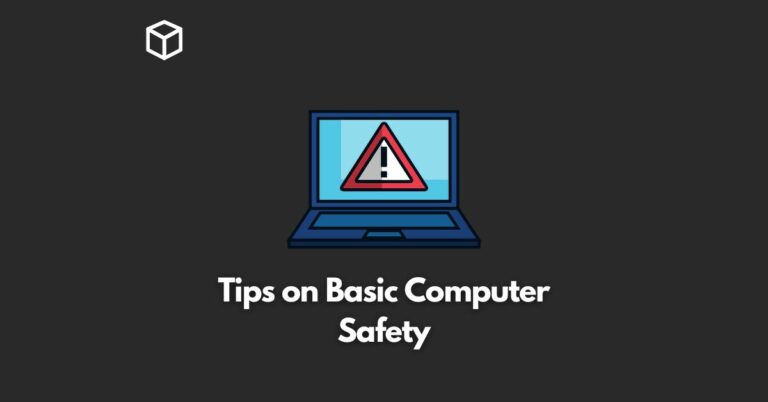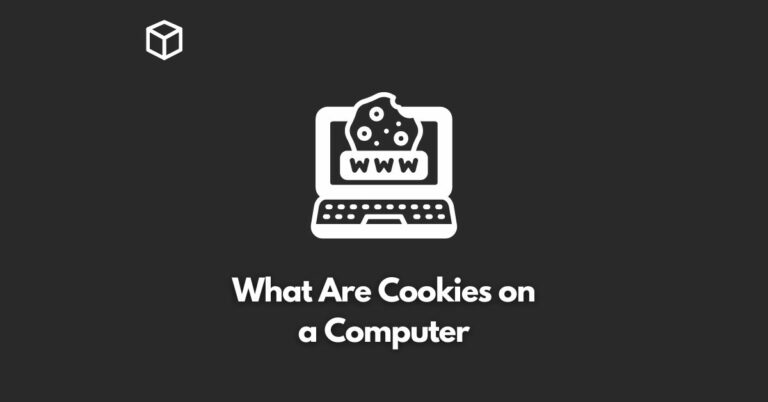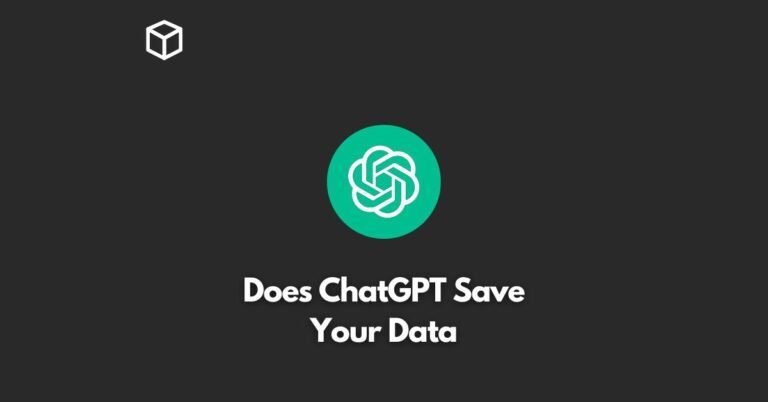You can achieve anything in life given that you never lose hope and keep on working hard.
If you are looking forward to joining any firm as an Ethical Hacking expert, you need to be familiar with each interview question that concerns Ethical Hacking. We have done some research and brought you some of the popular 50+ Ethical Hacking Interview Questions that will help you in getting a job:
Q1. What are different types of hacking?
Ans: Website hacking, Network hacking, Password hacking, Email hacking, and Computer hacking.
Q2. Name 2 types of hackers.
Ans: White Hats and Black Hats.
Q3. What are the different types of hackers?
Ans: White Hat Hackers, Black Hat Hackers, Grey Hat Hackers, Blue Hat Hackers, Elite Hackers, Skiddie, Newbie, Hacktivism, Intelligence Agencies, and Organized Crime.
Q4. What is DOS Attack?
Ans: DOS Attack is that affects the availability factor.
Q5. Who is a Black Hat hacker?
Ans: Those hackers who use their skills for an offensive purpose.
Q6. What do you mean by Phishing?
Ans: It is a process that involves contacting the target user by text, email or phone and gathering sensitive information.
Q7. Who is a White Hat Hacker?
Ans:Those hackers who use their skills for defending purpose.
Q8. Define foot printing.
Ans: Foot printing refers to the process of collecting information about a system or a network.
Q9. What is an IP Address?
Ans: IP stands for Internet Protocol and it is a unique number assigned to each device for tracking purpose.
Q10. What do you mean by DDoS?
Ans: DDoS stands for Distributed Denial of Service. It is a malicious attempt to interrupt regular traffic of a targeted server or a network.
Q11. What is the full form of NTP?
Ans: NTP stands for Network Time Protocol.
Q12. What are the different types of password attacks?
Ans: Dictionary attack, Brute force attack and Rainbow attack.
Q13. Name different types of DDoS.
Ans: Protocol Attacks, Volumetric Attack and Application Layer Attack.
Q14. What do you understand by Sniffing?
Ans: Snipping refers to the capturing of packets in the network.
Q15. What do you mean by Penetration Testing?
Ans: Penetration Testing is a mutual test conducted by a security professional.
Q16. Name 2 tools for wireless hacking.
Ans: Aircrack-ng, WiFi Sniffing Kismet
Q17. Is vulnerability scanning an automated Test? State True or False.
Ans: True.
Q18. Name the tools required for Penetration Testing.
Ans: Nessus, Metasploit, Aircrack-ng, Nmap, and Burp Suite.
Q19. What is a Virus?
Ans: Virus is a malicious program which copies itself and causes destruction to the user.
Q20. What do you mean by Trojan?
Ans: Trojan is a malicious code that harms the system.
Q21. Define bot.
Ans: It is a program or software created to attack faster than humans.
Q22. What are the different types of Scanning?
Ans: Port Scanning, Network Scanning and Vulnerability Scanning.
Q23. Explain RAnsweromware.
Ans: It is a type of malware that restricts users from gaining access to their files or system.
Q24. What do you mean by threat?
Ans: It is a potential risk that can exploit vulnerability of the system.
Q25. Expand MIB.
Ans: MIB stands for Management Information Base.
Q26. Define sniffing.
Ans: It is a process of monitoring the network traffic without the knowledge of the user.
Q27. Name different spoofing attacks.
Ans: IP Spoofing, DNS Spoofing and ARP Spoofing.
Q28. What are the common DoS Attacks?
Ans: ICMP Flooding, Smurf Attack, SYN Flooding, and Buffer Overflow.
Q29. Expand the CIA Triangle.
Ans: Confidentiality, Integrity, and Availability.
Q30. Name some tools used for hacking.
Ans: Hashcat, Burp Suite, Maltego and NMAP.
Q31. What is the use of Port 20, 21?
Ans: It is used in File Transfer Protocol (FTP).
Q32. Name some programming languages used for hacking.
Ans: JAVA, C/C++, Perl, LISP, and Python.
Q33. What is the full form of SNMP?
Ans: Simple Network Management Protocol.
Q34. Expand PGP.
Ans: PGP stands for Pretty Good Privacy.
Q35. What do you mean by HSTS?
Ans: It is used to force the sire running in only HTTPS.
Q36. State the Hacking stages.
Ans: (a) Surveillance
(b) Scanning
(c) Getting Access
(d) Accessing Maintenance
(e) Covering tracks
Q37. Name the types of SQL Injections.
Ans: Blind SQL injection, Error-based SQL injection, and Time-based SQL injection.
Q38. How will you gather information?
Ans: With the help of Maltego CE.
Q39. Name some vulnerability.
Ans: Broken Authentication, XML External Entities, Security misconfigurations, and Core Site Scripting.
Q40. Which hackers are in the FBI’s most wanted list?
Ans: Black Hat Hackers
Q41. Who is an ethical hacker?
Ans: White Hat Hackers
Q42. What do you mean by encryption?
Ans: It is the process of encoding a message so that the person who has the key can only read it.
Q43. What type of info is collected during enumeration?
Ans: SNMP details, Network Resource and shares, User and group names, Applications, and DNS details.
Q44. Name different types of Trojan.
Ans: Trojan droppers, Trojan banker, Trojan downloader, Trojan rootkits, Ransomware and Trojan backdoor.
Q45. State the elements of fingerprinting.
Ans: Window Size, TTL, TOS and DF.
Q46. Name some common sniffing tools.
Ans: Some of the common sniffing tools include Fiddler, Packet Capture, Network Miner, and EtherApe.
Q47. Using which technique hackers can lock, monitor and edit the traffic?
Ans: Active Sniffing.
Q48. State 2 types of fingerprinting.
Ans: Active fingerprinting and Passive fingerprinting.
Q49. State some popular tools for Ethical Hacking.
Ans: Wireshark, IronWASP, Nmap, Nikto, Metasploit and SQLMap.
Q50. What do you mean by worm?
Ans: It is a malicious program but it self-replicate and gets into the system over a network or from a file and spreads rapidly.
Q51. Using which technique you can collect IP Address, email id, VPN, URL and passwords?
Ans: Fingerprinting.
Hope that these questions and answers will prove to be helpful for your interview round and you make it to your desired destination. For more information on Interview related questions, you must stay connected with our website.
You Might Also Like
- 50+ Advanced Excel Interview Questions and Answers
- 50+ Oracle Interview Questions and Answers to Get a Job
- 7 Best React Programming Books for Programmers & Developers
- 50+ DevOps Interview Questions and Answers for Getting a Job
- 5 Best Xamarin Books for Mobile Application Development
- 50+ Java Interview Questions and Answers for Getting a Job




